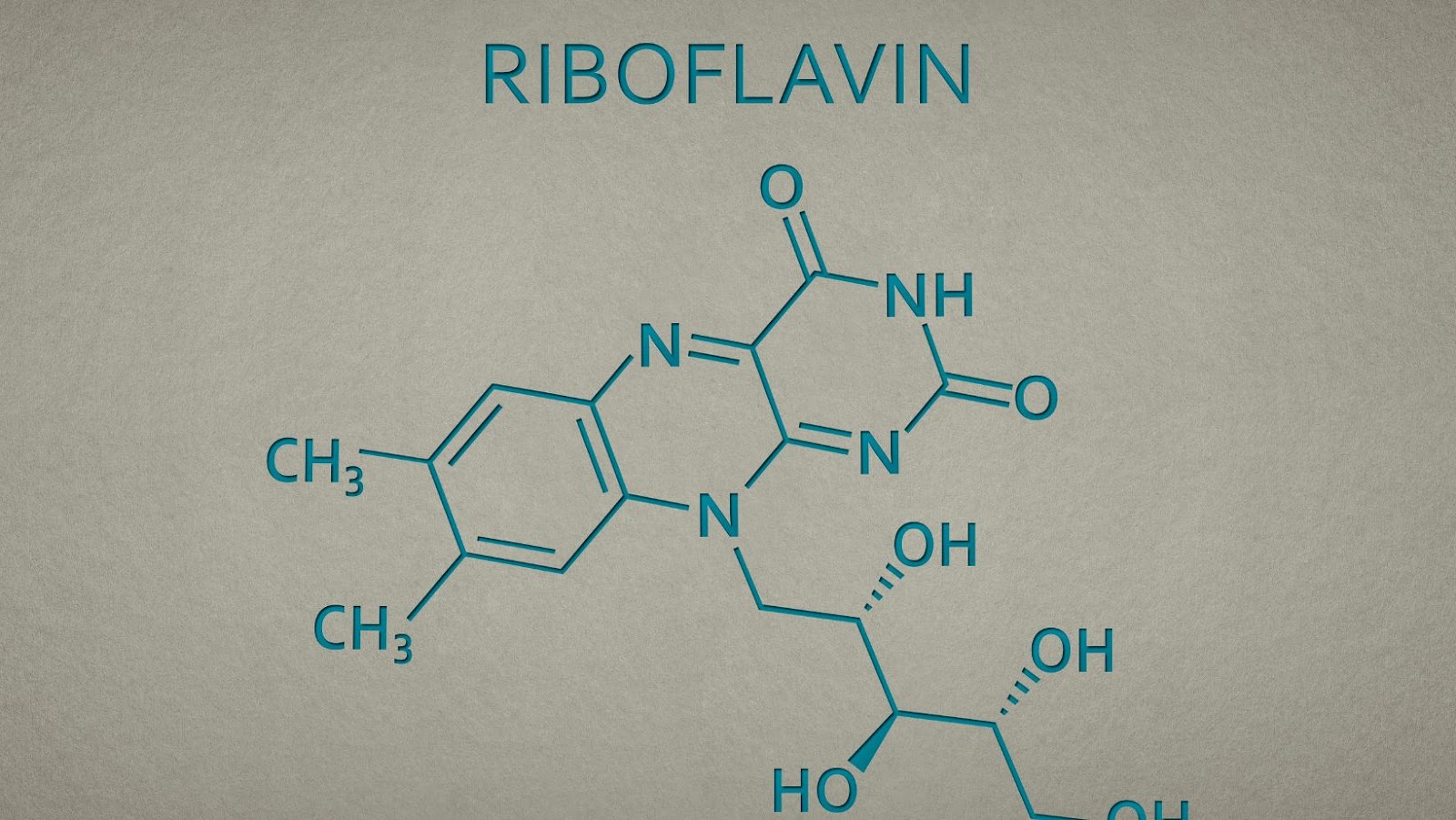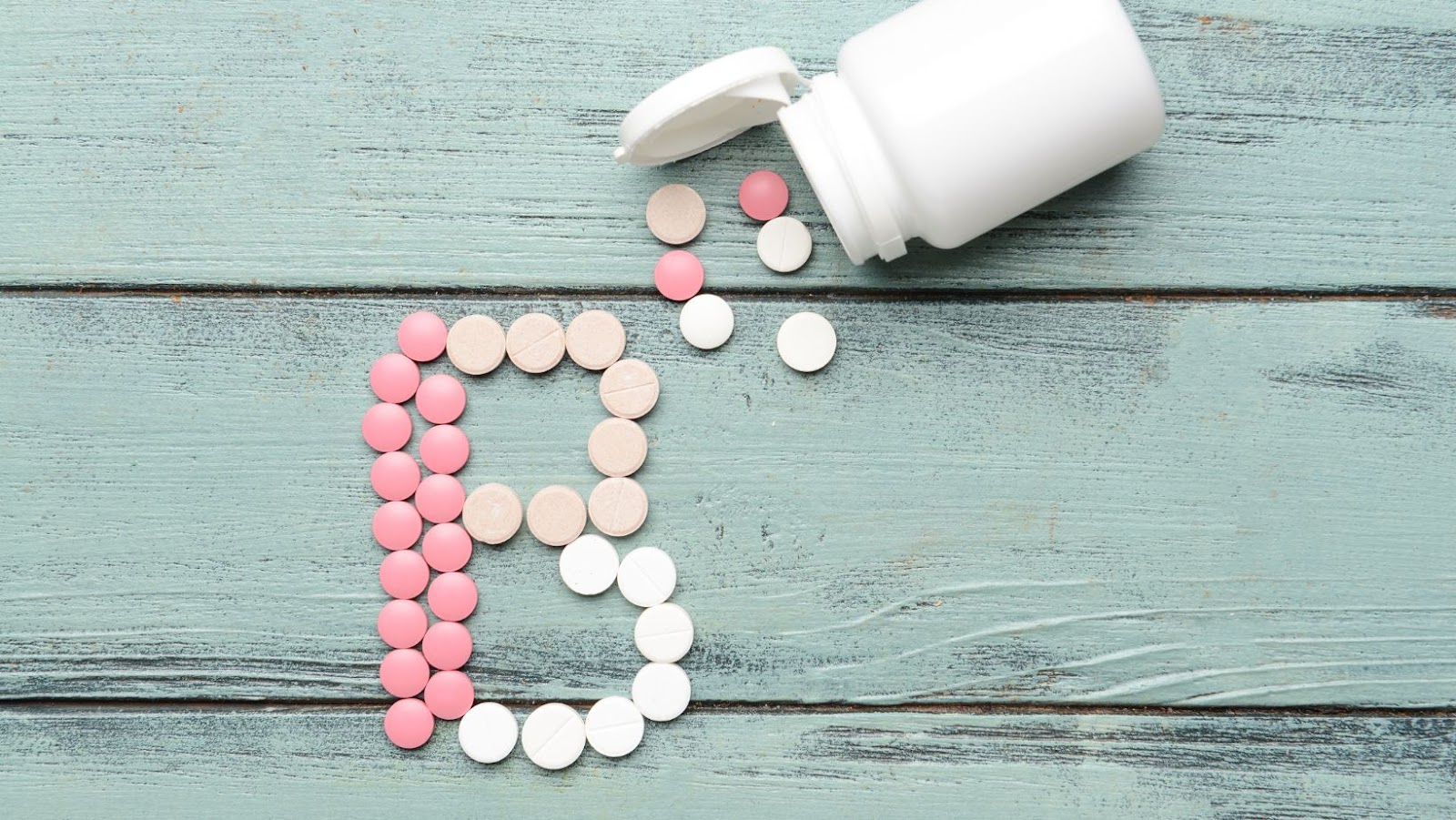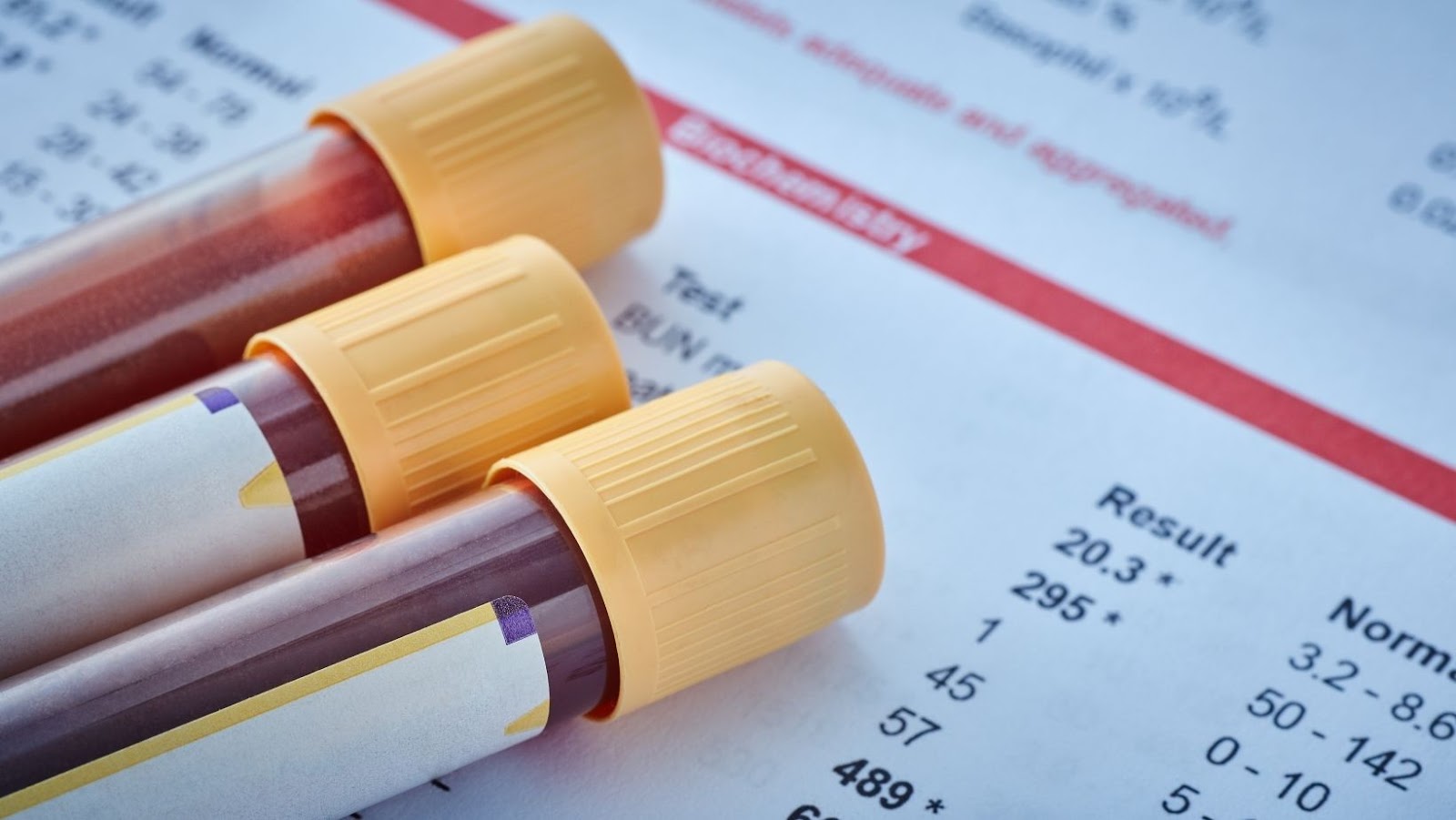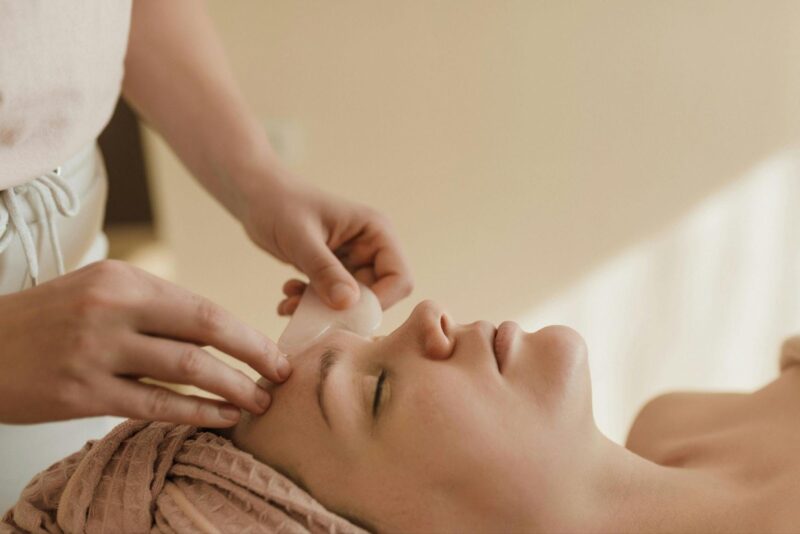
False positives on drug tests are caused when a substance is mistakenly identified as an illicit substance or illegal drug. Riboflavin, also known as vitamin B2, is one of the substances that can potentially cause a false positive on a drug test. Before discussing how much riboflavin can likely cause a false positive result on a drug test, it is important to understand what riboflavin is and how it might affect the results of a drug test.
How much riboflavin will cause a false positive
Riboflavin is one of eight vitamins that make up the B complex vitamins. It plays an important role in energy production and other metabolic processes in the body. As with other B vitamins, riboflavin can be found in many foods including lean meats, dairy products, eggs, fortified cereals, and green leafy vegetables such as spinach and broccoli. Additionally, it may also be found in some fortified nutritional drinks or supplements. Riboflavin is necessary for good health; however ingesting too much of it can potentially lead to a false positive on some types of drug tests
What is a False Positive?
A false positive is a test result that incorrectly indicates that a particular condition or attribute is present within a given sample. False positives can occur in any type of laboratory testing. They are especially common with drug testing and can be caused by many different substances, such as vitamin supplements and other medications.
Riboflavin, also known as vitamin B2, is one of several vitamins that naturally occur in the body and can occasionally cause false positives on certain tests. In general, however, very high or low concentrations of riboflavin will be necessary to trigger a false positive result. This means that even large doses of the vitamin supplement side effects rarely produce this kind of result. To determine exactly how much riboflavin will cause a false positive in your situation, you should contact your doctor or healthcare provider for specific instructions.
Causes of False Positives
False positives when testing for drugs or other substances can occur for a variety of reasons. In some cases, false positives can be caused by substances other than the one being tested for. Riboflavin, or vitamin B2, is one of these substances. In this article, we will discuss how much riboflavin will cause a false positive in a drug test.
Medications
Some medications, like antibiotics, can cause false positives when a person takes a urine drug screen test. Common antibiotics that are known to cause false positive results for drugs of abuse include amoxicillin and rifampin. In addition, antidepressant medications such as Prozac (fluoxetine) and Zoloft (sertraline) have also been known to produce false positives.
It is important to note that some vitamins and supplements can also cause false positives on these tests. Supplements such as vitamin B2 (riboflavin) and melatonin have been reported to lead to false positive results when the sample is tested; this is because these substances contain chemical structures that are similar to illegal drugs or their metabolites. Therefore, it is essential for individuals who take these supplements regularly to inform their doctor or other healthcare providers that they are on prescribed medications as well as over-the-counter vitamins or supplements so a more accurate evaluation of the test results can be made for individuals who take these supplements regularly to inform their doctor or other healthcare providers that they are on prescribed take these supplements regularly to inform their doctor or other healthcare providers that they are on prescribed.
Foods
Certain foods have a high quantity of certain vitamins or minerals that can lead to false positives when taking drug tests. As an example, high doses of riboflavin or Vitamin B2 can lead to false positives for amphetamine or methamphetamine. Even though riboflavin is a vitamin naturally found in many common foods, it must be consumed in large quantities to take effect. Other substances known to trigger false positives are poppy seeds and hemp seed bars containing hemp oil due to their trace amounts of THC. Moreover, some cold and flu medicines also contain highly concentrated pseudoephedrine that could make the test show a positive result for amphetamines or methamphetamines.
Supplements
There are a variety of nutritional supplements that have been found to cause false positives when subjected to drug tests. Some of the more common supplements that have the potential of causing a false positive reading are Riboflavin (also known as Vitamin B2), Opiate blockers, and nonsteroidal anti-inflammatory medication (NSAIDs).
Riboflavin is an essential vitamin that helps many of the body’s metabolic functions and is found in abundance in green leafy vegetables, eggs, dairy products, lean meats, mushrooms and almonds. The recommended daily allowance of riboflavin (vitamin B2) is 1.6 mg a day. Studies have shown that taking doses as high as 4–6 mg a day can lead to false test results for MDMA and opiates.
Opiate blockers are substances which block or interfere with the absorption or effect of opiate-based drugs. These include St John’s Wort, kava kava root, opium poppy flower capsules, dextromethorphan (contained in many cough medicines) and yohimbe bark extract.
NSAIDs such as ibuprofen (Advil), naproxen (Aleve), indomethacin and mefenamic acid used for inflammation or pain relief may also cause false positives for certain substance testing methods due to their chemical similarity to certain drugs such as PCP or THC.
How Much Riboflavin Will Cause a False Positive?
Riboflavin, also known as Vitamin B2, has a very low risk of resulting in false positives on drug tests. However, it’s still possible to get a false positive result if a high enough amount of the vitamin is consumed. Knowing how much riboflavin is necessary to cause a false positive result is essential for people taking drug tests regularly. Let’s explore this further.
Possible Sources of Riboflavin
Riboflavin, also known as vitamin B2, is a water-soluble vitamin found in many foods. It is necessary for the body to properly metabolise carbohydrates and fats. In some cases, riboflavin can produce a false-positive result on urine drug tests, although this is relatively rare.
Possible sources of riboflavin that could cause a false positive include:
-Foods: Seafood, eggs, milk and milk products (such as cheese and yoghurt), dark green leafy vegetables (such as spinach), mushrooms and enriched cereal grains are all good sources of riboflavin. Certain processed foods can also contain added riboflavin as a supplement.
-Supplements: Riboflavin supplements are available over the counter in pill form or fortified into many foods like energy drinks or breakfast cereals. Riboflavin supplements can range from 25 mg to 100 mg per serving.
-Energy Drinks: Many energy drinks contain added B vitamins to increase energy levels, with riboflavin often being one of these vitamins. Energy drinks like Red Bull come in various sizes, with an 8 oz can containing 45 mg of B2 per serving; larger cans such as 16oz may contain up to 90mg of B2 per serving.
It should be noted that not all urine drug tests are sensitive enough to detect higher levels of riboflavin; however, the amount needed to produce a false positive may vary depending on the sensitivity of the test and the individual’s metabolism rate. Additionally other substances such as intravenously administered vitamins or antibiotics may also result in false positives on these tests and should be discussed with your healthcare provider before taking any tests.
Potential Side Effects
One of the potential side effects of taking supplements containing riboflavin is that it could cause a false positive in urine-based drug tests. This is mainly due to a reaction of the vitamin B2 molecule with the drug test itself. The exact amount at which riboflavin can cause a false positive result is not known but studies have indicated that higher concentrations of riboflavin can potentially trigger a false, positive result. Therefore, it’s important to be aware of how much riboflavin you are taking and the potential risk involved.
At present, there are few reports about other nutritional supplements causing false positives on urine tests. However, these can include multivitamins with added B-vitamins, antihistamines, nasal decongestants and diuretics depending on the types of drugs being tested for. Some over-the-counter drugs also contain these ingredients and therefore may play a role in triggering false results in urine tests as well. Thus when taking medication or over-the-counter nutrition products, it is best to be mindful about what ingredients are present and the potential interaction between such ingredients and any drugs being tested for by your doctor or employer.
Other Substances That Can Cause False Positives
False positives can occur when a drug test identifies the presence of a particular substance when it is not actually present. While many different drugs can cause a false positive result, surprisingly, there are many other substances that can also lead to a false positive. This article will explain how much riboflavin will cause a false positive, along with the other substances that may lead to a false positive.
Over-the-Counter Medications
Over-the-counter medications can sometimes cause false positive results on drug tests. Many OTC cold and flu medications, for example, may contain substances such as pseudoephedrine or dextromethorphan that can be identified by a laboratory performing a urine test. Certain allergy, weight-loss and sleep aids may also contain compounds that will give a false positive reading.
In addition, an analysis of several studies revealed that a high amount of riboflavin (vitamin B2) can lead to false positives in some drug tests due to cross reactivity between riboflavin and other components used in the testing process. The amount is around 20 mg per day; however it is advised you speak with your health care provider when deciding on an appropriate dose of riboflavin for you specifically.
Dietary Supplements
Although dietary supplements are not as well-known for producing false positives in drug tests as over-the-counter medications, some can still cause an incorrect result. However, improper storage of samples or a contaminated testing environment can also lead to a false positive.
Riboflavin (vitamin B2) has been known to cause a false positive for the presence of THC on drug tests in some cases. Although ingesting large amounts of riboflavin (e.g., greater than 10 mg/day) may interact with the testing chemicals used in some areas, causing a false positive, studies show that this is unlikely except under certain specific circumstances. As such, additional forms of testing – such as Gas Chromatography/Mass Spectrometry – are always used to confirm the results of any routine drug test.
Prescription Drugs
Prescription drugs are one of the most common substances that can lead to false positives on drug tests. For instance, the use of a topical cream containing Benzoyl Peroxide can cause false positives for amphetamines and cocaine. Similarly, Riboflavin (Vitamin B2) is known to cause false positives for benzodiazepines or marijuana, depending on the type of testing procedure used. It is important to note that depending on the circumstances and type/amount of medication taken, even legally prescribed drugs may result in a positive result for certain illicit substances. Therefore it is important to check with your doctor before taking any drug tests. Additionally, many health professionals recommend taking a supplement with additional Riboflavin prior to taking a drug test as it can help reduce the time required for testing as well as reduce the chance of a false positive.
Conclusion
In conclusion, the levels of riboflavin needed to cause a false positive on drug tests is relatively small, though enough has not been studied to accurately determine it. Other substances besides riboflavin that may cause false positives include poppy seeds, prescription and over-the-counter medications, and dietary supplements. It is important to inform the testing facility before taking any test so that any potential false positives can be eliminated.













